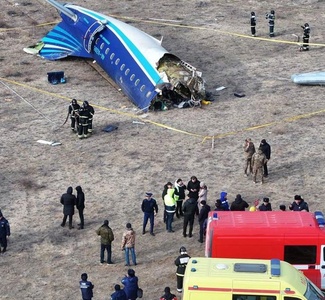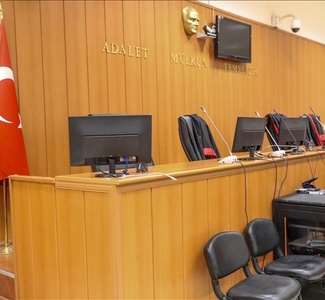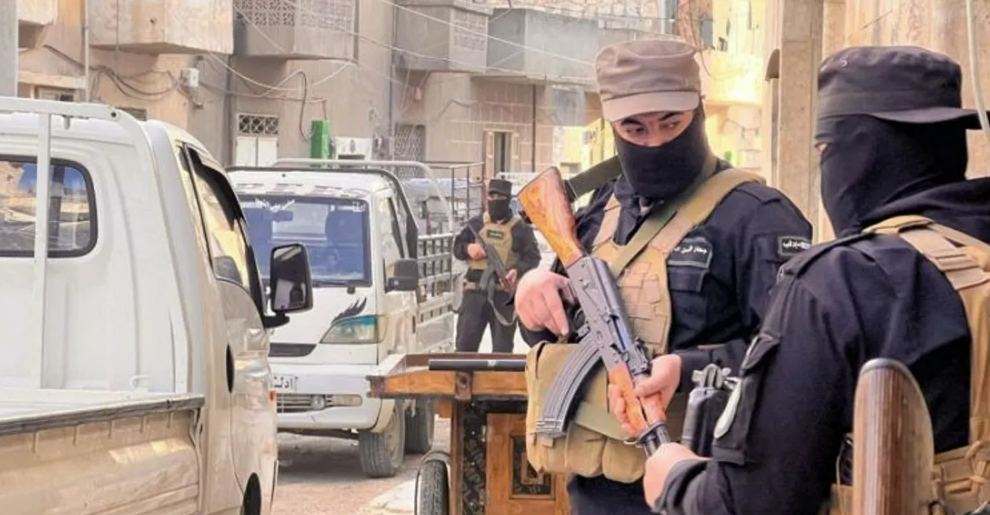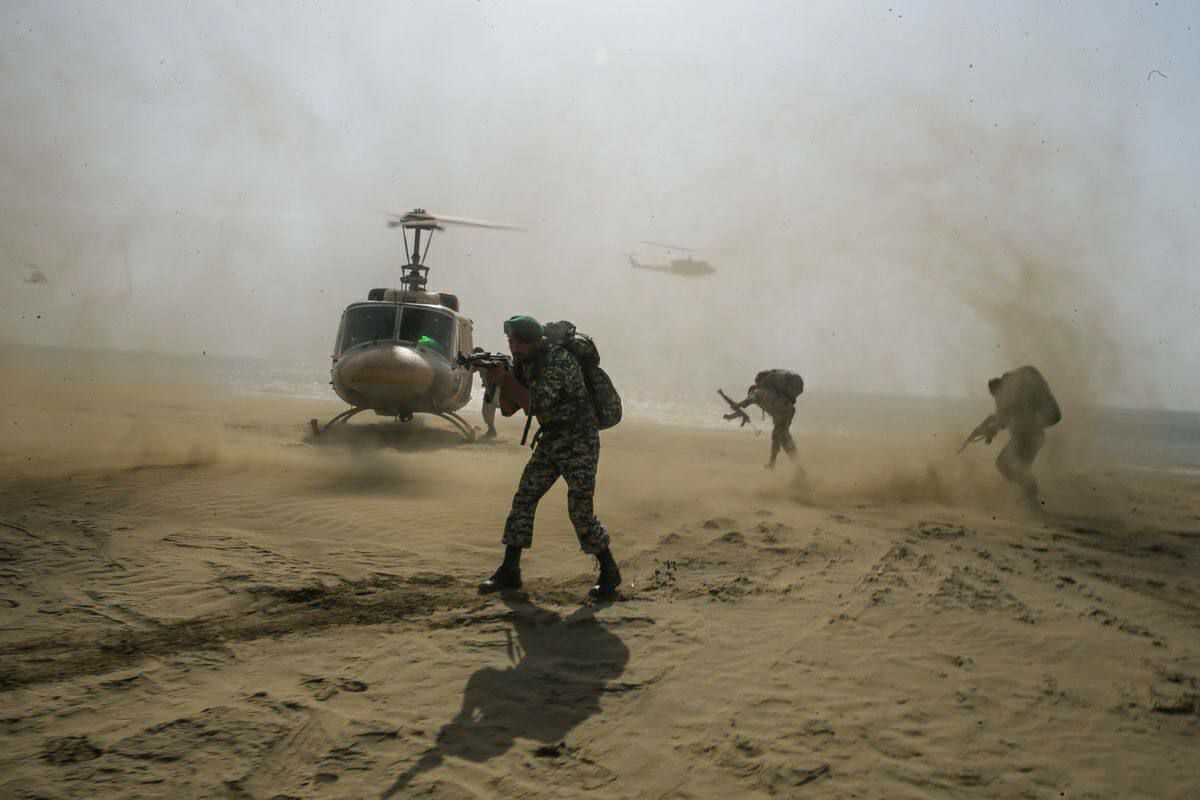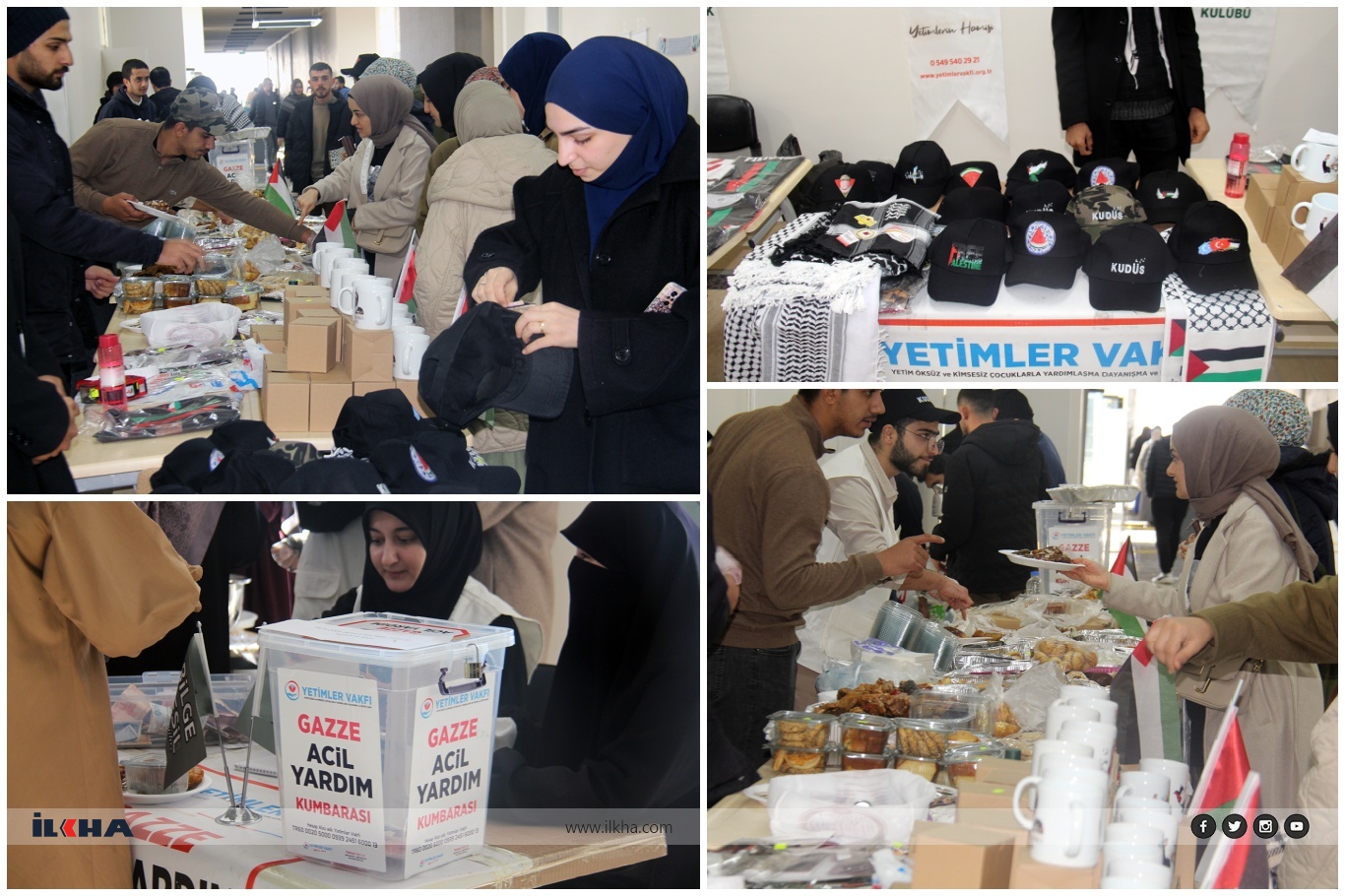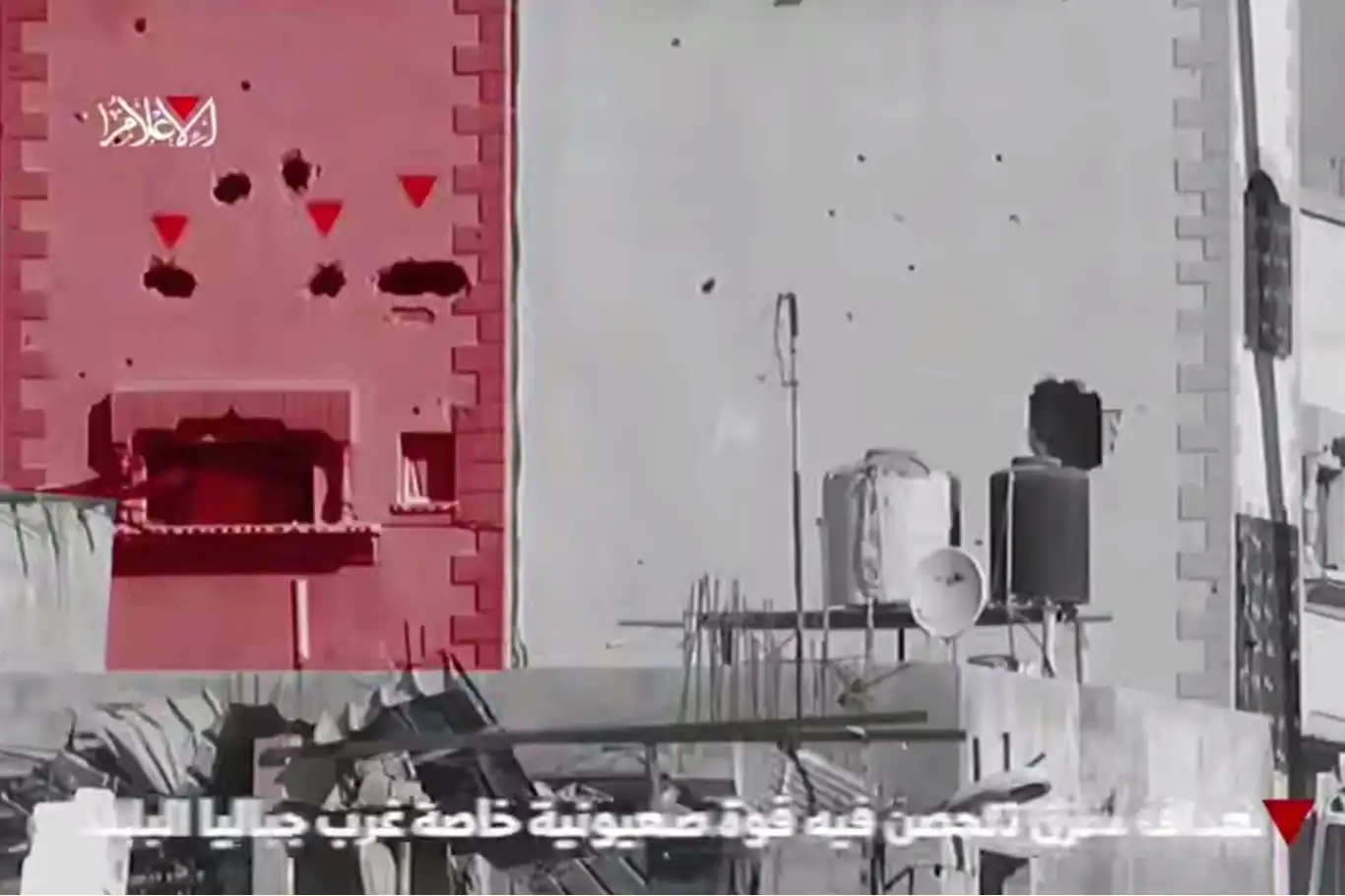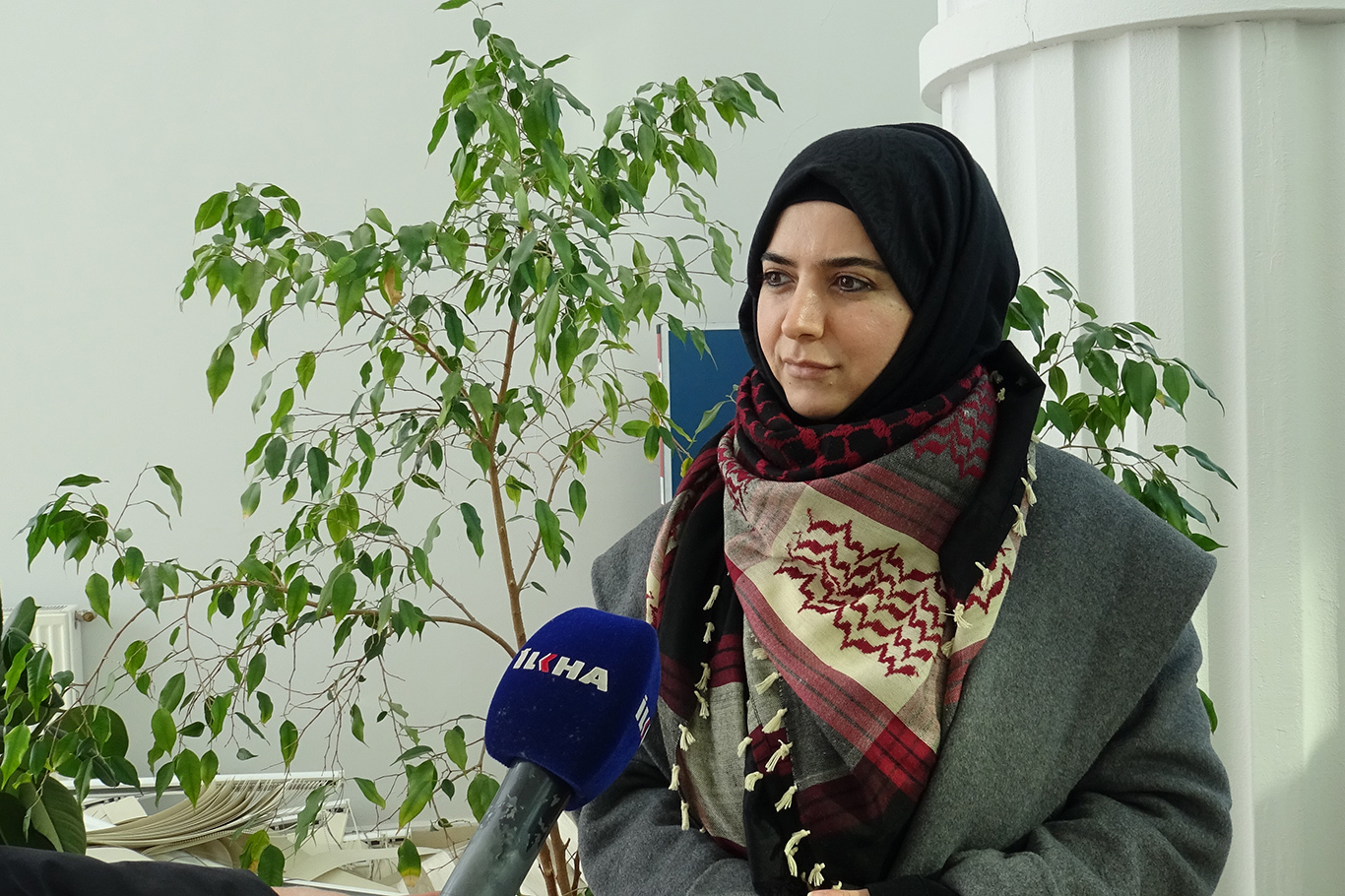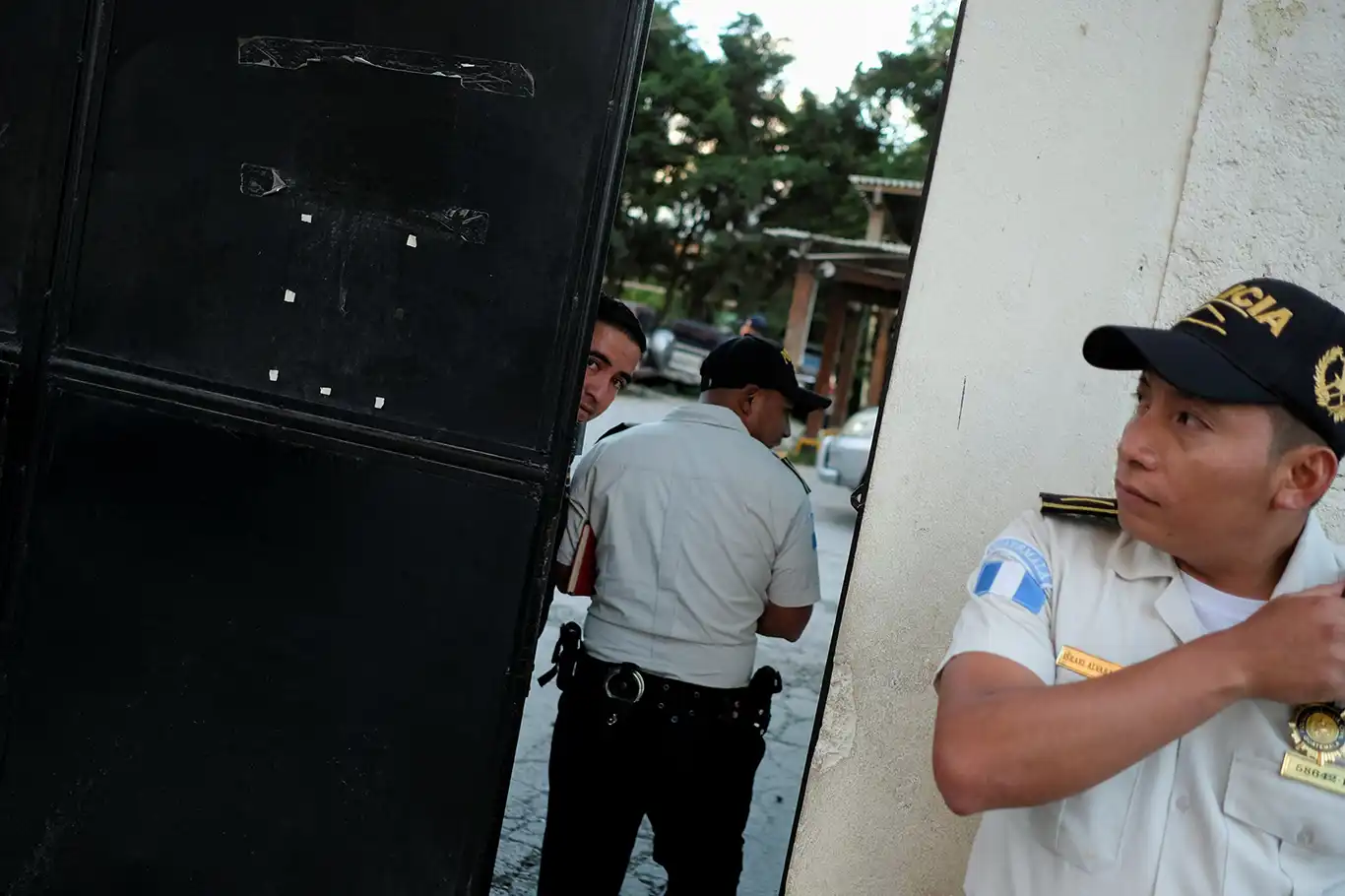WHO appeals for $56.4 million to address Syria's dire healthcare needs
The World Health Organization (WHO) has launched an urgent appeal for $56.4 million to address the critical healthcare needs in Syria. Years of conflict have left the country's health system in shambles, with over half of its hospitals out of service.

 Google News'te Doğruhaber'e abone olun.
Google News'te Doğruhaber'e abone olun. Recent displacement of over 882,000 people has further strained the system, leaving millions without access to essential care.
"Syria's health infrastructure is under severe pressure," said Christina Bethke, WHO's representative in Syria. "Without urgent funding, we risk the closure of 141 health facilities in northern Aleppo and Idlib, which could have devastating consequences."
The WHO has outlined a comprehensive six-month strategy to address Syria’s healthcare crisis, focusing on key areas such as strengthening trauma care, restoring essential health services, and mitigating the risk of disease outbreaks. The plan includes providing emergency supplies, deploying ambulances, and ensuring hospitals remain operational. The organization is also enhancing early warning systems and deploying rapid response teams to contain disease outbreaks, coordinating emergency patient referrals, and strengthening partnerships with health authorities and stakeholders across Syria.
WHO teams are integrating mental health support into health facilities and ensuring treatment for chronic conditions like kidney failure. Recently, the Qatar Red Crescent distributed essential supplies to treat 1,200 kidney patients for two months in hospitals across Damascus, Daraa, and Suwayda.
Despite these efforts, the road to recovery is long. Years of war have left a legacy of dilapidated infrastructure, a lack of medical supplies, and severe shortages of healthcare professionals. Security challenges and limited funding further hinder progress. “The humanitarian response must be scaled up immediately,” said Rosa Cristiani, WHO Emergency Officer in Gaziantep. “Our efforts to coordinate aid from Türkiye are reaching millions, but much more is needed to restore Syria’s healthcare system.”
The revitalization of Syria's healthcare system is crucial for the well-being of millions of Syrians. The collaboration between the STG, international partners, and humanitarian organizations offers hope for a healthier and more stable future for the country. (ILKHA)

































